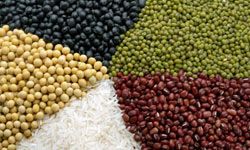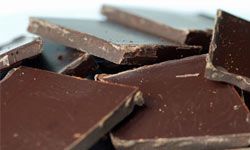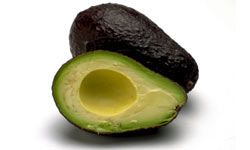From time to time, most of us wish we could stop the clock on the aging process, but scientists still haven't found the key to keeping us forever young. As we get older, the body's machinery begins to function a little less smoothly and we become susceptible to age-related and degenerative diseases. But there are certain foods that can help counteract the negative effects aging has on the body. They won't make you younger or stop you from getting older, but they can improve your overall health and vitality, and protect you against disease and illness, which could prolong your life and make the years you do have more healthful.
While exercise and a healthy diet can keep you fit well into old age, some foods are especially good at preventing or reducing the effects of age-related diseases and other health problems. Here we'll look at 10 foods that pack a huge anti-aging punch.
Advertisement



